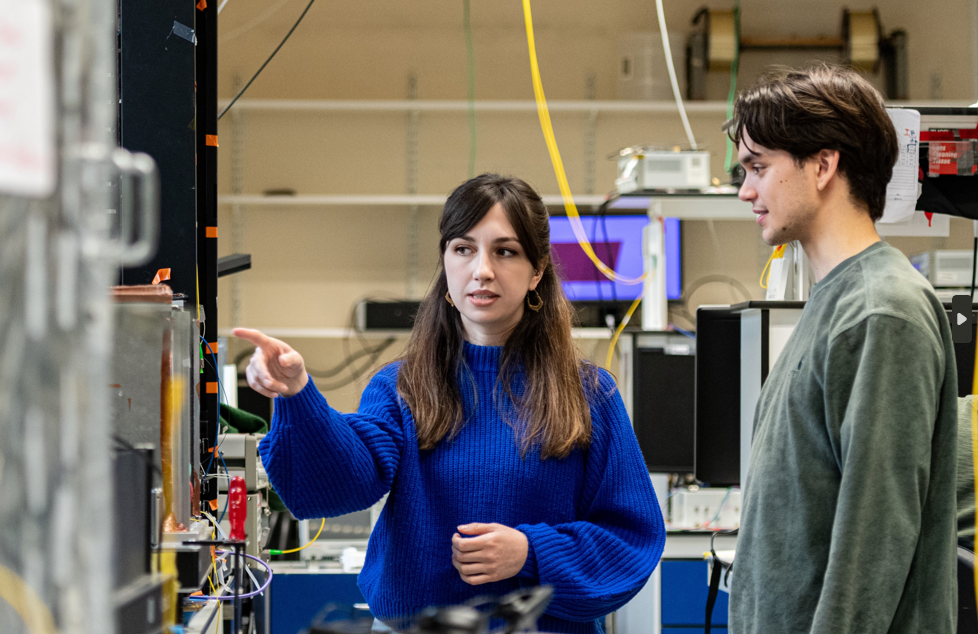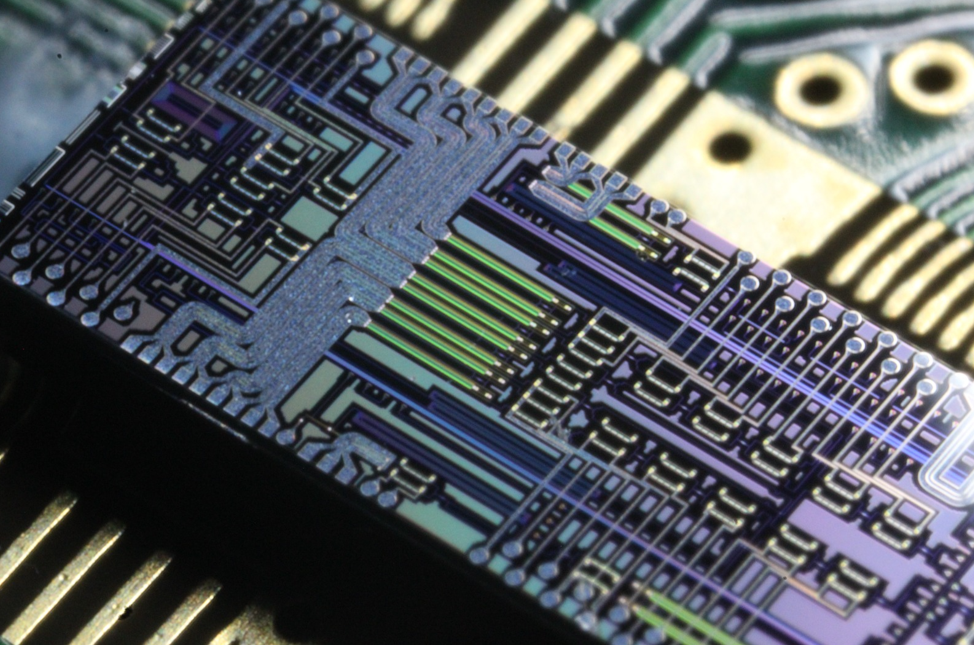Rubino group
Research interests and activities
My research group focuses on leveraging cutting-edge integrated photonics technologies to conduct advanced experiments in quantum foundations, while simultaneously applying novel ideas from quantum science to enhance current quantum technologies. My group’s work is both theoretical and experimental, with a strong emphasis on the interplay between theory and practical implementation. We aim to advance fundamental theoretical questions that are closely aligned with experimental capabilities, particularly those achievable with integrated photonics technologies.
Indefinite Quantum Causality (Theoretical & Experimental)
Causal relations in classical physics are defined on the backdrop of space-time, where events unfold against a fixed background. However, the interplay between quantum mechanics and general relativity suggests a paradigm shift where causal structures are not fixed but rather dynamic and potentially indefinite. Based on these ideas, recent developments in quantum theory have led to the formulation of models that do not presuppose a predefined causal structure. These models are not only significant for foundational physics but also offer novel pathways for quantum information processing and transmission of quantum information. Our group investigates these emerging models both theoretically and experimentally, leveraging integrated photonics to test and demonstrate the implications of indefinite causal structures on quantum systems.

Integrated Photonics Technologies (Experimental)
Integrated photonics stands out as a leading approach in the development of quantum information processing devices due to its versatility and scalability. My group’s experimental research aims to apply modern photonics and quantum engineering principles to explore frontier topics in quantum information theory and quantum foundations. By integrating state-of-the-art blue-sky theories into sophisticated photonic circuits, we aim to advance both the study of quantum features such as device-independency, non-locality and entanglement and the development of novel integrated photonics technologies. This dual approach aims to advance both the experimental capabilities of integrated photonics and our understanding of quantum foundations.

Theory of Quantum Thermodynamics (Theoretical)
As quantum technologies evolve, understanding their physical resource costs—such as energy consumption, work, and entropy changes—becomes essential for their practical development and optimization. To scientifically estimate and minimize these costs, well-defined and operationally accessible definitions of work in quantum systems are needed. However, traditional thermodynamic definitions of work, based on trajectories and forces, do not directly apply in the quantum realm, where particles do not follow well-defined paths. Current definitions, such as those relying on energy differences between measurements, often disrupt quantum coherence and are not suitable for all scenarios. Our research aims to develop novel definitions of work that maintain coherence and are applicable to systems where quantum effects dominate, such as nanoscale quantum engines and refrigerators. By refining these definitions and applying them to quantum thermodynamics, we aim to address fundamental questions in the resource efficiency of emerging quantum technologies, helping to guide their design, implementation, and optimization in a scientifically rigorous manner.
Current postdocs and research fellows
Current PhD students
- Tamanna Dasanjh
- Shivani Datye
- Harry Jones
- Matthew Jones
- Elia Sciama Bandel(also with Stephen Clark)
- Hannah Seabrook
